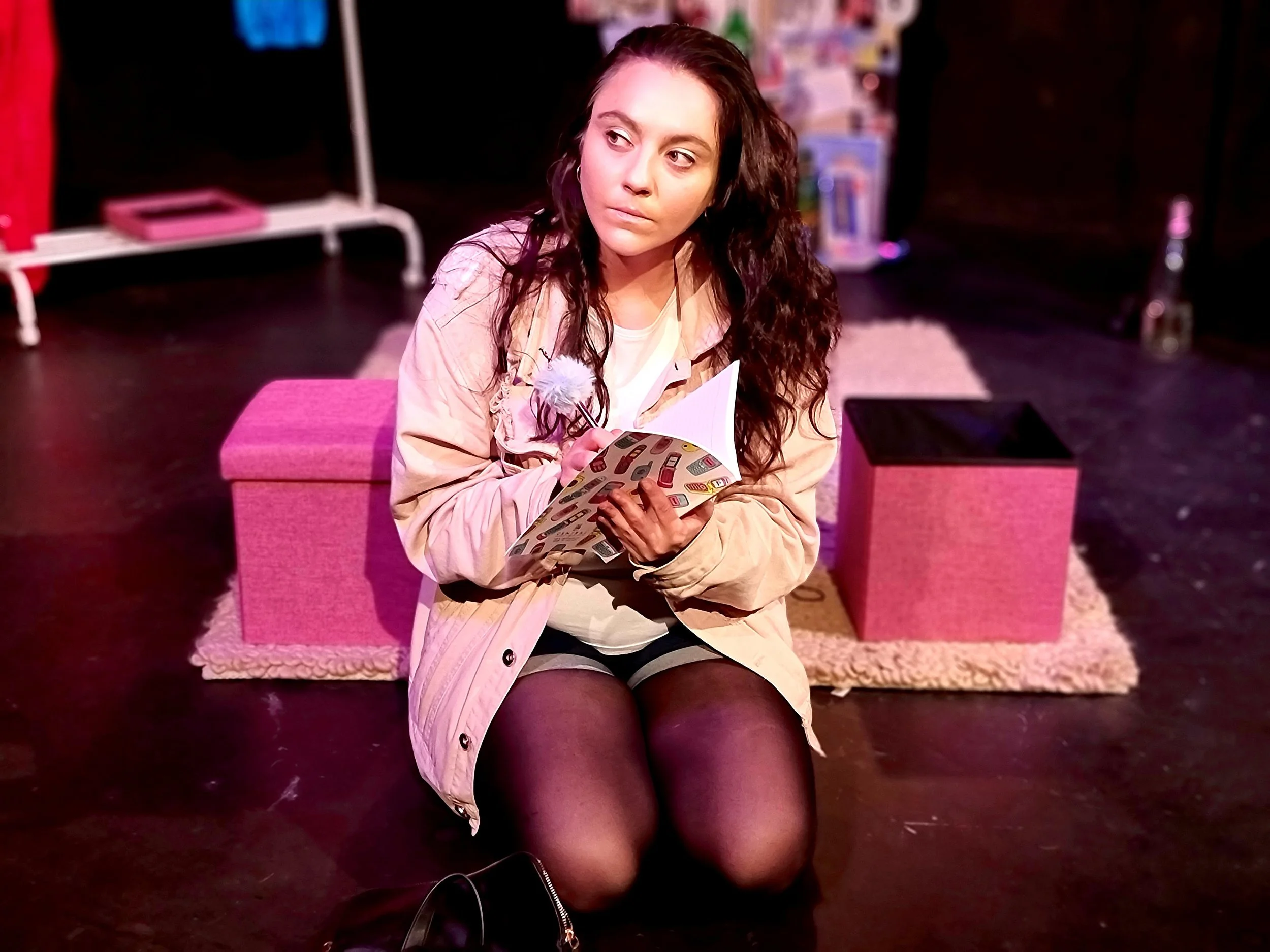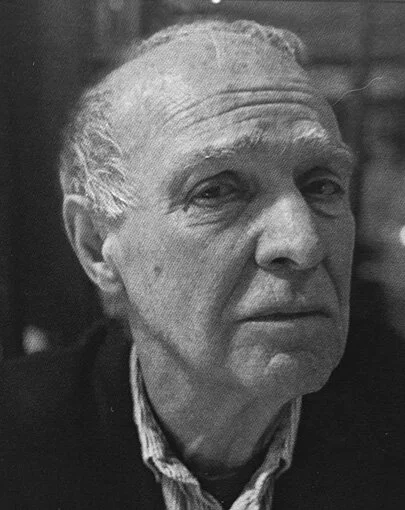MAURICE, A SENSATION, by Tia Byer
This year marks the 50th anniversary of the release of E.M. Forster’s (1879 – 1970) novel Maurice. Written in 1913, the novel remained unpublished until 1971 on account of its subject matter; Maurice tells the tale of a forbidden love affair between two male undergraduates at Cambridge University. According to the preeminent author of Room With A View (1908), Howards End (1910), and A Passage to India (1924), the novel examines “a great unrecorded history” of the struggle and sometimes bravery of homosexuals during the first half of the twentieth century. Though Forster would revise his manuscript for decades, he resisted publication for fear of censorship and even wrote on a 1960 manuscript, “publishable, but worth it?”. It wasn’t until the year after his death, and after the Sexual Offences Act was passed in 1967 which de-criminalised homosexuality in England, that his close friends Christopher Isherwood and W.H. Auden went to great lengths to share Forster’s pioneering novel with the world. This article examines how Maurice is a novel focused on the humanity of homosexuality.
Film version of Cambridge three
Whilst Forster himself was homosexual (though he would only divulge his true sexuality to his close friends), the inspiration behind Maurice was the relationship between Utopian socialist, poet, and early gay rights activist, Edward Carpenter and his partner, George Merrill. In fact, the character of gamekeeper Alec Scudder is thought to be an emanation of Merrill. In his postscript, Forster recounts the moment of conception behind the novel. “It was the direct result of a visit to Edward Carpenter at Milthorpe…he was a rebel appropriate to his age [and] a believer in the Love of Comrades, whom he called Uranians”, he writes. Deeming Carpenter a “saviour” of his, it wasn’t until the “second or third visit to the shrine that the spark was kindled and he and his comrade George Merill combined to make a profound impression on me and to touch a creative spring”. During a playful incident where Merrill briefly touched Forster’s buttocks, the latter undergoes an intense sensation that was “as much psychological as physical”. He compares the feeling as going “straight through the small of my back into my ideas, without involving my thoughts” and ends the recollection with the claim, “I then immediately began to write Maurice”.
TV and film versions followed Maurice publication
Forster was undeniably fascinated by homosexuality. He felt there was a connection between homosexual urges and a higher truth. In his postscript, the then mature writer refers to homosexuality as “a word hitherto unmentioned” in the pages of the novel. Instead he expresses his delicate subject matter through allusions to classical sexual behaviour: “the mainstay of Athenian society”. By drawing upon recorded accounts of historical homosexual practices, Forster creates a symbolic discourse to attempt to connect authentic same-sex expression with an exalted dimension in life.
Quintessential Maurice from Penguin version
In Maurice, what society deemed the “unspeakable vice of the Greeks”, becomes an irrefutable truth to its eponymous hero. To the repressed Maurice, the “delicate subject” is one of scandal, horror, and depravity. However, as soon as fellow student Clive Durham enters his protected life, an undertone of flirtation and same-sex love begins to play out. Whilst at Cambridge the experienced Clive introduces Maurice to Ancient Greek writings on same-sex love. One of the most memorable and telling scenes is when Clive first approaches Maurice. Following a lecture about the Ancient Greeks and their inclination towards homosexual practice, Clive broaches the matter with a reference to Plato’s philosophical text examining the concept of Eros, or erotic love. The effect this impresses upon Maurice is profound. Forster writes:
“I regard it as a point of pure scholarship. The Greeks, or most of them, were that way inclined, and to omit it is to omit the mainstay of Athenian society”.
“You’ve read The Symposium?”
Maurice had not…No more was said at the time, but he was free of another subject, and one that he had never mentioned to any living soul. He hadn’t known it could be mentioned, and when Durham did so in the middle of the sunlit court a breath of liberty touched him.
An early book cover
This sense of ‘liberty’ arouses in Maurice an awakening that closely resembles Plato’s allegory of the prisoners awakening from the cave. When Maurice first grapples with his growing feelings for Clive, he is trapped in a “Hell of disgust”, ignorant and scared of his own truth. However, Clive’s affection eventually delivers him from the darkness and into the light. In fact, Forster depicts Maurice’s reckoning in love as being like a soul released from prison. Much like Plato’s prisoners emerging into the light and with it, knowledge, Maurice’s embrace of his actual sexuality unveils a higher knowing. “The violence went out of his heart, and a purity that he had never imagined dwelt there instead”, Forster writes. Maurice becomes enlightened, experiencing a psychological as well as physical reorientation. The shadows - and imperatives - of society fade into the background and happiness prevails.
Years later when Maurice seeks treatment following the breakdown in his relationship with Clive, who rejects his sexuality for a more socially acceptable alliance with a woman, Maurice cannot forgo the sense of humanity initially found in his sexual discovery. Despite being diagnosed with “congenital homosexuality”, Maurice shows courage in the face of adversity when he embarks on a new romance with fellow ‘uranian’ and gamekeeper, Alec Scudder. The “criminal morbidity” of the situation means the two soon discover how “they were against the whole world [with]…all of England closing in”. Maurice chooses to abandon what society deems his common decency and unites with Alec. The moment of decision poetically reads: “he was not afraid or ashamed anymore. After all, the forests and the night were on his side”.
Forster reflects in his postscript how “a happy ending was imperative; I shouldn’t have bothered to write otherwise.”. He continues:
I was determined that in fiction anyway two men should fall in love and remain in it for the ever and ever that fiction allows, and in this sense Maurice and Alec still roam the greenwood. …Happiness is its keynote – which by the way has had an unexpected result: it has made the book more difficult to publish... If it ended unhappily, with a lad dangling from a noose or with a suicide pact, all would be well, for there is no pornography or seduction of minors. But the lovers get away unpunished and consequently recommend crime…and the only penalty society exacts is an exile they gladly embrace.
In Maurice, Forster like a philosopher tries to educate society about the beauty he believes inherent in same-sex love and expression. As one of the most romantic novels of the twentieth century, Maurice transcends time. Revolutionary, pioneering, and deep Forster’s writing manages to breathe life into the struggle of our Edwardian forefathers for liberation. Though it remained hidden from public view until nearly sixty years after its conception, its circumstance of publication and Forster personal history of homosexuality makes the novel a courageous and highly subversive piece of literature. What strikes me most about Maurice is its touching treatment of the early persecution of homosexuals in the turn-of-the-century Britain. Forster explores the psychology and emotional impact criminal condemnation has on the individual, and the metaphysical strivings one must take in order to live in truth and retain a sense of authenticity. Maurice is a novel with a long legacy and fifty years after its publication, its message of transcendent integrity is sure to live on.











